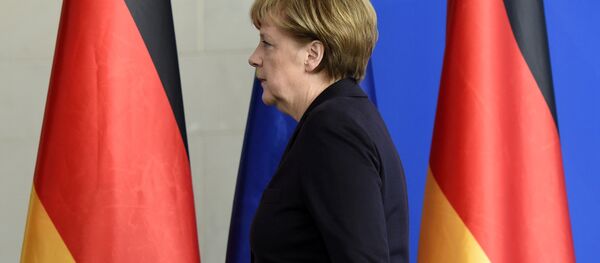The latest global emission reduction targets were set by the Paris Agreement climate signed at the 2015 UN Climate Change Conference (COP21) with the aim of limiting the change in global average temperature to less than 2 degrees Celsius (3.6 Fahrenheit) above pre-industrial levels.
"A low fossil fuel price outlook poses both unique opportunities and threats for low-carbon technology deployment. While low fossil fuel prices might slow down clean energy technology deployment, they also present opportunities to better align policies with decarbonisation targets, for instance, by accelerating the roll-out of carbon pricing mechanisms and dismantling costly fossil fuel subsidy programmes," the IEA, which is an autonomous OECD policy adviser, said in its Energy Technology Perspectives 2016 report.
Low coal prices, which have also slumped amid falling commodity prices, also offer opportunities to cut coal and electricity prices, the IEA said, noting that this must be done quickly in order to exploit the energy market situation that might not last long.
Global oil prices plunged from $115 to less than $30 per barrel between June 2014 and January 2016, hitting their lowest levels since 2003 amid the ongoing glut in global oil supply. Prices have rebounded since January, gaining over 70 percent by May. By mid-May, the Brent crude benchmark approached the price of $50 per barrel.




